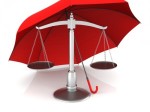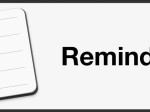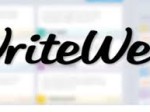Unless you’ve been hiding under a rock of late, I suspect you are well aware of the rise of the attorney wellness movement within our profession. Now, don’t get me wrong. I’m not here to challenge the importance and value of all that’s going on. While I will admit I’m having a hard time wrapping my head around this mindfulness thing, and when it comes to yoga, well let’s just say I’m more comfortable in the weight room, I do deeply believe our profession is in a crisis, in part, for want of attorney wellness.
For years so many, myself included, have talked about the importance of trying to find a healthy balance between one’s work life and one’s personal life as part of the answer to this crisis. Those who tried and succeeded did so believing that, once there, all would be good with the world. I’m not buying it anymore, and with this post, I am publicly stating I will never encourage anyone to try to find a healthy work-life balance again!





























